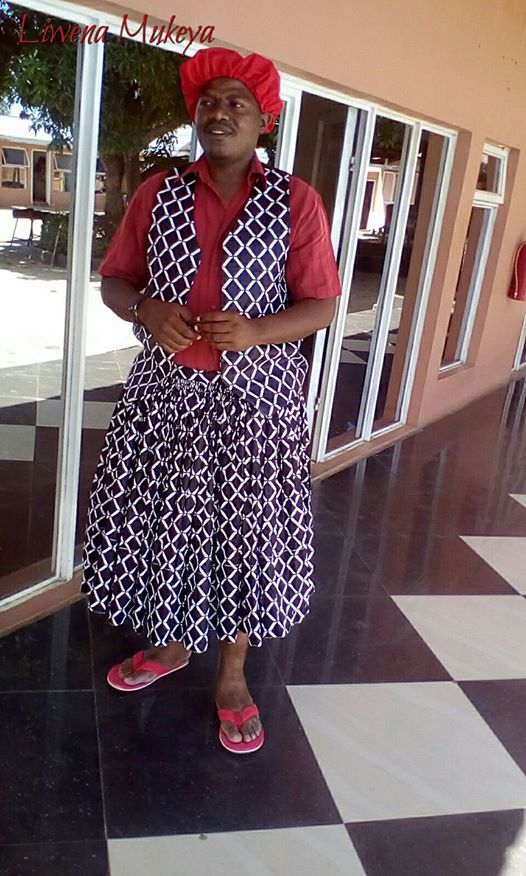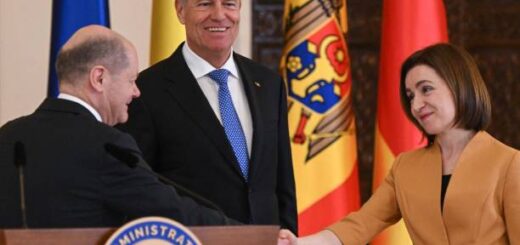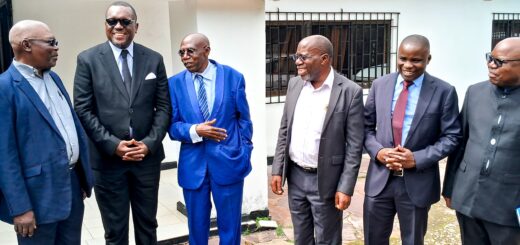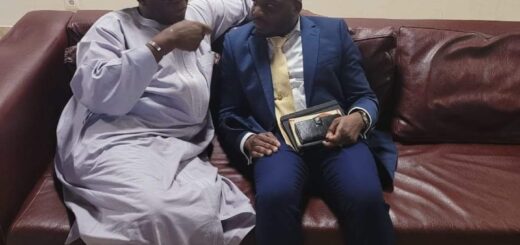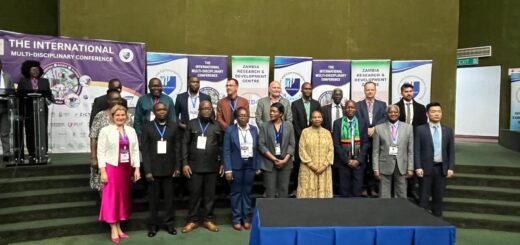JCTR’S ANALYSIS OF THE HEAD OF STATE’S ADDRESS TO THE SECOND MEETING OF THE FIRST SESSION OF THE TWELFTH NATIONAL ASSEMBLY –Friday 17th March 2017
Notice: Undefined index: catFilterList in /home/zambi/public_html/wp-content/plugins/wp-likes/api.php on line 243

National Pioneer Chaplain for Zambia Father Charles Season, Society of Jesuits
The flaws mentioned by President Lungu once collectively addressed remain key upholding Zambia’s national values which all Zambians and international stakeholders much embrace.

Emmanuel Mwamba with President Lungu
JCTR believes that no society can truly achieve social cohesion, unity of purpose and meaningful progress in the absence of individual and collective adherence to national values.
The presidential directive to the Ministries of National Guidance and Religious Affairs, Health, Education, Community Development and Social Welfare, Tourism and Arts, Local Government, and Commerce, Trade and Industry to coordinate public policy measures curbing alcoholism must be applauded as a step in the right direction.
However, there are no tangible links among these ministries thus it is imperative to build elaborate line-ministry synergies coordinated by the Ministry of National Guidance and Religious Affairs.
The Ministry of Chiefs and Traditional Affairs must be brought on board as Christian tenets propagated by the Ministries of National Guidance and Religious Affairs must be shared and disseminated on a diversity of Zambian cultural best practices .
In ensuring adherence to the code of ethics for public workers, monitoring mechanisms must equally be put in place to make ensure compliance to public good interest by controlling officers and law enforcement agencies.
Further, JCTR is pleased with President Lungu’s directive to Lands and Natural Resources Minister Jean Kapata to revise the Lands Act and Land Policy, which we concur shall enhance protection access to land and natural resources by all citizens.
The increased access to land by women will ease poverty levels among women as land tenure will act as collateral for females to access financial support from largely masculine inclined Zambian banks.
However, this review must encourage wide consultation involving a cross section of communities such as the Ministry of Lands, Land Tribunal, Non-Governmental Coordinating Council (NGOCC), JCTR and Zambia Land Alliance (ZLA) to name but five.
There is need for the Zambian society to harness its collective wisdom as an effective means of guaranteeing sustainable utilization of natural resources in the wake of climate change challenges, confronting humanity beyond Zambia.

Activist Chabala Davies Chisenga, Brighton Mukupa Kaoma and Josephine Namakau Pumulo of Agents of Change Foundation Zambia confer Pan African Radio 105.1FM pix by Derrick Sinjela .JPG
The JCTR notes that value addition to exploited natural resources remains elusive, but can be addressed through bold decisions to enhance revenue collections, domestic savings and overall national investment through sustainable and ecologically friendly development interventions.
On national unity, we hope that the Commission of Inquiry appointed to investigate the Voting Pattern will produce evidence-based results and recommendations that will indeed promote national unity and effectively address the polarized political character of Zambia.
The indefinite postponement proposal seeking the holding of a second referendum in two years leaves much to be desired as the inclusion of the Bill of Rights in the Republican Constitution still remains a vital component national cohesion and development.
The Patriotic Front (PF) Government must consider embracing views expressed by a cross section of the Zambian and international community offering counsel and funding opportunities for the successful holding of a less polarized and politicized National Referendum construed to entrench Economic, Social and Cultural Rights.
It is out contention that the Republican President Mr. Edgar Chagwa Lungu’s remarks on the PF Government’s commitment to implementing the 2015 – 2030 United Nations (UN) inspired Sustainable Development Goals (SDG’s), gives good reading as a pillar towards achieving national development through economic development, social development and environmental protection.
It is against this backdrop that JCTR urges the Listening Zambian Government to reconsider its current position on the National Referendum and allay fears that President Lungu is not “walking the Political Talk.”
There is need for Government to consolidate the performance of the Electoral Commission of Zambia (ECZ) as a bona fide and credible public entity capable of superintending periodic free and fair elections, nurturing political and civic life.
It is important for the Zambian leadership to promote and protect human rights of all citizens regardless of political affiliation through application of the rule of law, freedom to access and share information as key aspects of curbing regional voting and voter apathy.
JCTR is worried with Governments interference of media houses before, during and after the Thursday, 11th August 2016 General Elections and a National Referendum, biased enforcement of the Public Order Act (POA) which minimized spaces for opposition leaders to hold rallies and meetings, meant to canvass votes.
Regrettably, law enforcement officers remained mute when PF cadres broke the law by harassing perceived political opponents and media outlets that highlighted lawlessness.

UNITED Party for National Development (UPND) Presidebnt Hakainde Hichilema with Activist Dante Saunders 2017 picture by Derrick Sinjela
JCTR is elated to hear President Lungu highlight the Rule of Law, Transparency, Accountability and effective participation of citizens in national affairs as components toward good governance enhancement.
However, little has been done to actualize human rights for citizens in Zambia – as Human Rights Commission is not yet decentralized and inadequately funded thus incapable of protecting citizens whose rights are violated.
The Auditor General’s report documents abuse of public resources by controlling officers. There is need to strengthen the performance of the AG’s Office as it’s currently mandate of merely making recommendations is not effective to ward curbing abuse of public resources and property.
Decentralization is still elusive despite Zambia having a Decentralization Implementation Policy. The Ward Development Committees need resource control for them to function.


